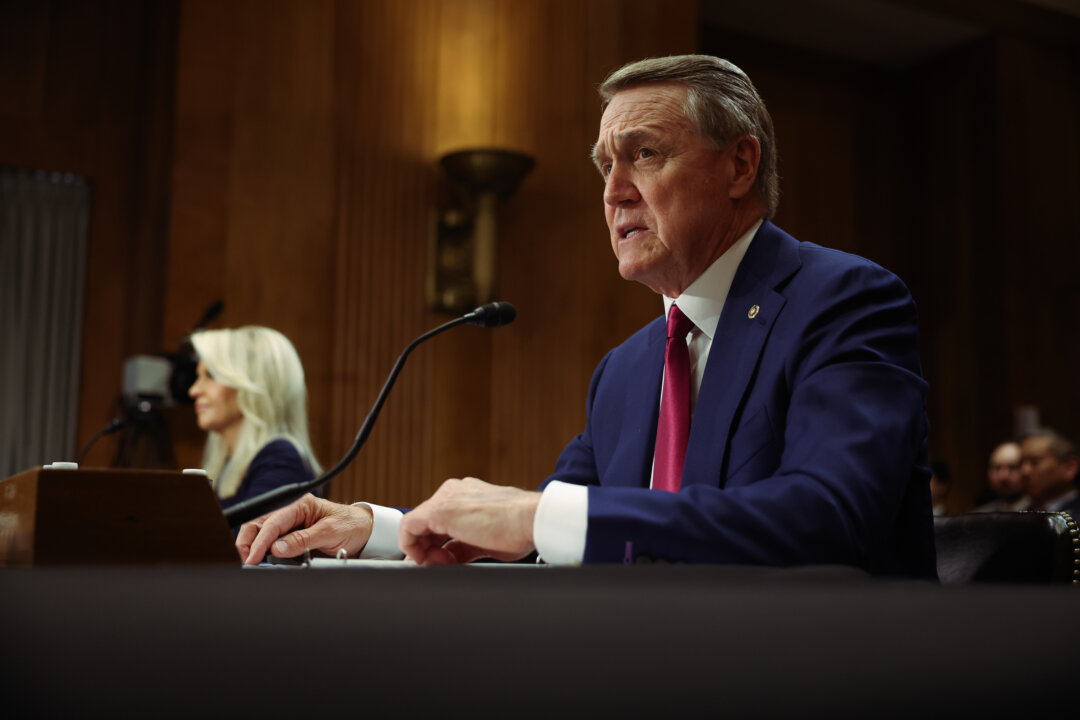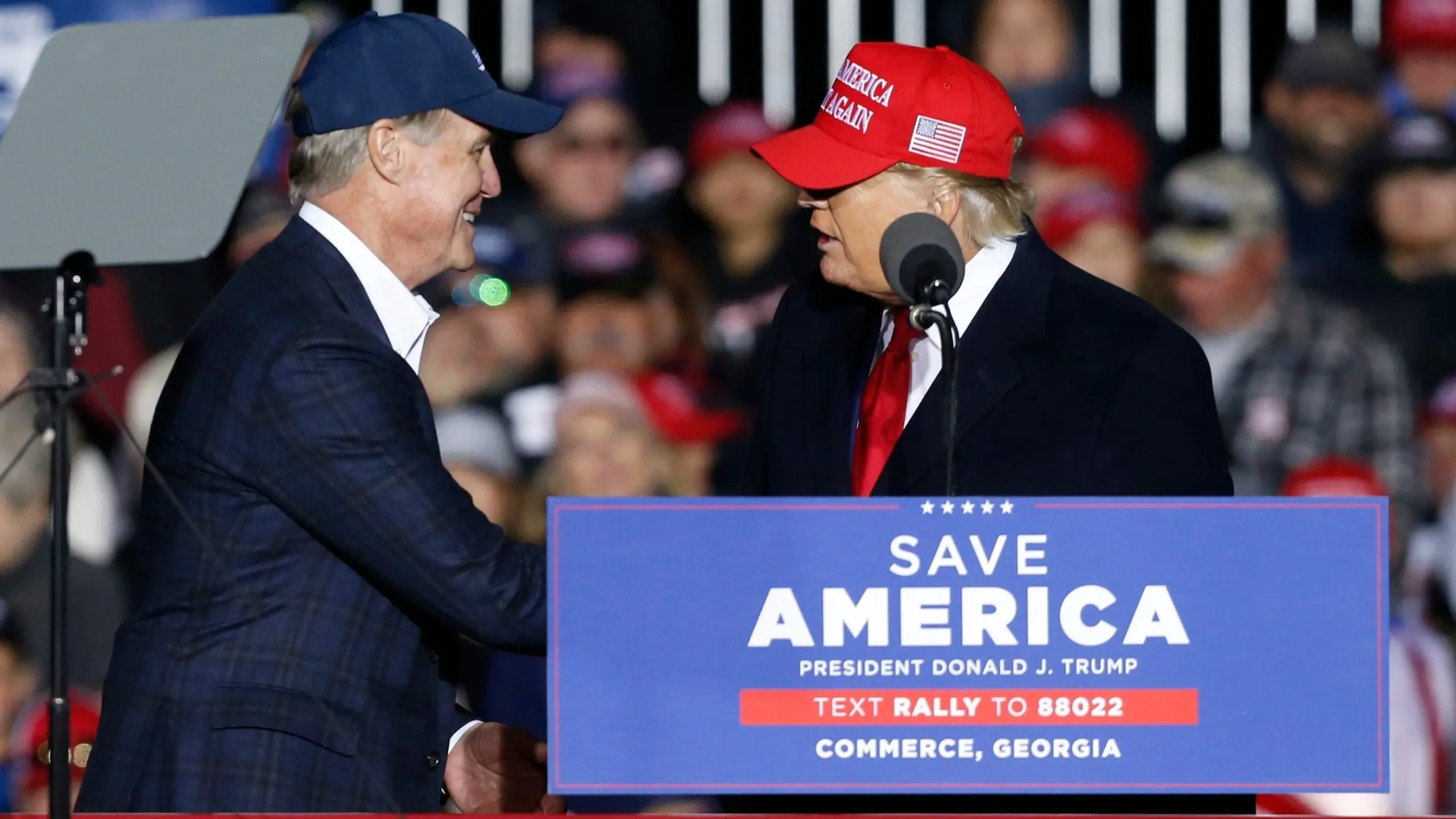Senate Confirms David Perdue as U.S. Ambassador to China Amid Tariff Showdown
Former Sen. David Perdue confirmed as ambassador to China, emphasizing the U.S.-China relationship's significance amid escalating trade tensions and tariffs.
Overview
The Senate has confirmed David Perdue as the U.S. ambassador to China with a 67-29 vote. Perdue's nomination comes as U.S.-China relations face significant strain due to tariffs, with the Trump administration recently imposing high import duties on Chinese goods. Perdue asserts the U.S. must adopt a nuanced approach to China amidst growing competition and challenges in areas like technology and military. He aims to stabilize the bilateral relationship while addressing human rights and trade fairness. His confirmation is seen as pivotal in managing the complexities of U.S.-China diplomacy during heightened tensions.
Report issue

Read both sides in 5 minutes each day
Analysis
Analysis unavailable for this viewpoint.
Articles (5)
Center (1)
FAQ
David Perdue will face significant challenges including managing escalating trade tensions marked by high tariffs between the U.S. and China, addressing issues related to technology competition and military expansion, and navigating human rights and trade fairness concerns amid strained bilateral relations.
The Senate confirmed David Perdue as ambassador to China with a vote of 67-29, including some Democratic support.
David Perdue described the U.S.-China relationship as the most consequential diplomatic challenge of the 21st century and emphasized that the U.S. approach should be nuanced, nonpartisan, and strategic.
Tensions have escalated due to the Trump administration imposing a 145% tariff on Chinese goods, with China retaliating by charging 125% tariffs on U.S. products, deepening the economic standoff with no immediate resolution in sight.
Perdue criticized China for Marxist nationalism, rapid military expansion, breaches in Hong Kong commitments, extensive surveillance and social credit systems, and initiatives like the Belt and Road and Made in China 2025 programs that reflect its global authoritarian ambitions.
History
- This story does not have any previous versions.



